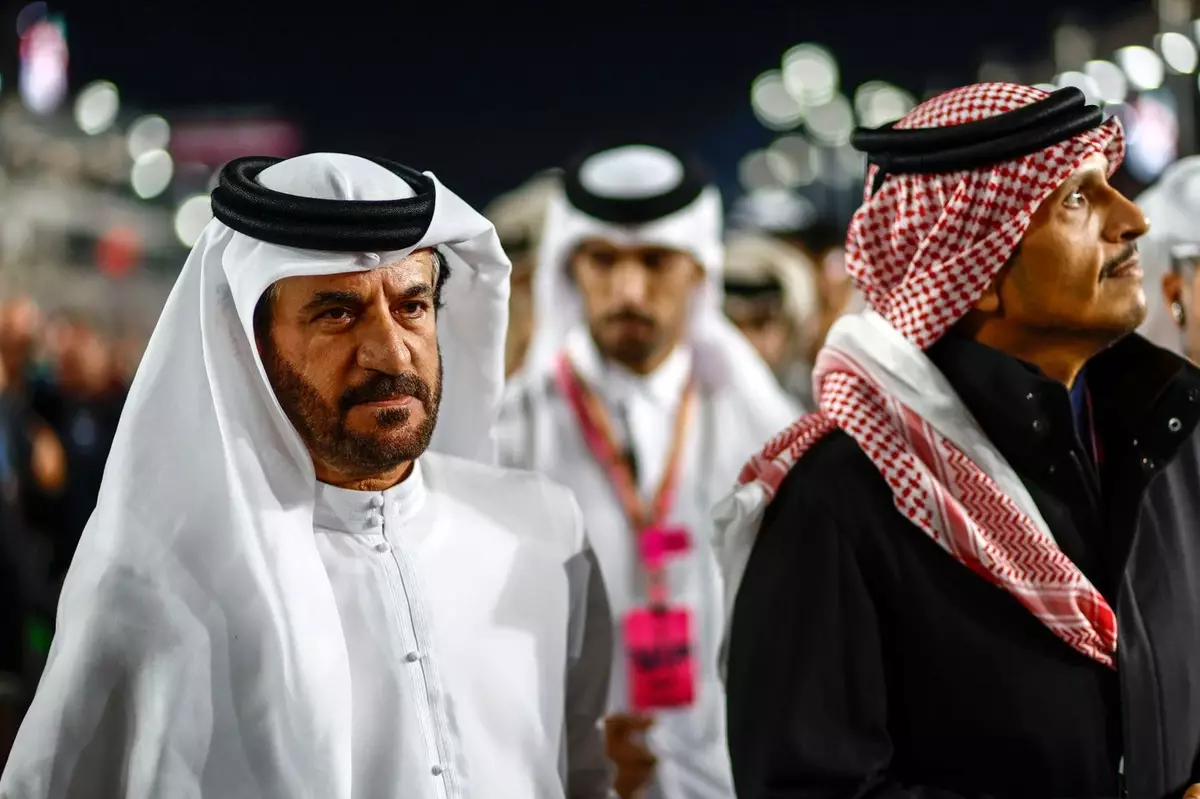Strategic Overhaul of FIA Governance: An Analysis of Recent Changes
In the fast-paced world of motorsport, change is often the only constant. Recently, the Fédération Internationale de l’Automobile (FIA), the global governing body for motorsport, wrapped up its General Assembly in Rwanda. This meeting led to a profound shift in its governance structure, sparking a mix of curiosity and critique from the motorsport community. These changes primarily impacted the roles of the ethics and audit committees, with the FIA asserting that they aim to enhance operational independence and financial oversight. However, not everyone is convinced that these changes will serve the best interests of transparency and accountability.
In my years following motorsport, I’ve seen how governance decisions can ripple through every layer of the industry. The recent adjustments to the FIA’s governance have stirred significant discussions among fans and insiders alike. The new directives have particularly focused on altering how committees report and operate within the organization. While some see this as a necessary evolution, others worry it might be a step back for transparency. The delicate balance between safeguarding sensitive information and maintaining openness is a tightrope that many organizations struggle to walk.
As a devoted fan, I understand that these topics might seem dry at first glance. But trust me, the integrity of governance in motorsport directly impacts everything from race outcomes to team dynamics. It’s crucial that we dissect these changes carefully, understanding both their potential benefits and pitfalls. After all, an organization like the FIA holds immense power over the sport we love. Their decisions shape not just current practices but also set precedents for future operations.
Key Takeaways
- The FIA’s governance changes are intended to increase operational independence and financial oversight.
- There are concerns that these changes might reduce transparency and accountability.
- The ethics committee’s reporting structure now includes the senate president, raising questions about effective oversight.
- Audit committee functions are limited to acting upon requests from the senate president, potentially affecting their proactive capabilities.
The Ethics Committee’s New Role
One of the most talked-about changes is in the ethics committee’s reporting structure. Previously, this committee reported solely to the FIA president, but now it’s required to also report to the president of the senate. On paper, this adjustment seems aimed at promoting independence by dispersing oversight responsibilities. However, this new structure has sparked dialogue about its actual effectiveness in providing unbiased oversight. There’s concern that restricting report distribution could shield critical findings under the guise of protecting sensitive information from media leaks.

The tension lies in balancing confidentiality with transparency—a line that’s often blurred in organizational governance. While keeping certain details confidential makes sense, especially when dealing with criminal or safeguarding issues, it also poses a risk. Limiting who can access these reports might inadvertently stifle essential checks and balances within the organization. The broader practice of sharing findings ensures a comprehensive review process, which is vital for maintaining credibility and trust within all stakeholders.
The Audit Committee’s Constrained Scope
Another critical area affected by these changes is how financial investigations are initiated by the audit committee. Under new rules, this body acts only at the behest of the senate president for financial scrutiny. Critics argue that this could create bottlenecks in accountability by sidelining independent scrutiny unless prompted by specific requests. Such a framework risks fostering environments where financial mismanagement could go unchecked if it doesn’t align with immediate priorities identified by leadership.
This redefinition as merely an “advisory body” raises concerns about its efficacy in maintaining rigorous oversight beyond just advisory roles. By limiting proactive capabilities, there’s fear that significant irregularities might slip through unnoticed until it’s too late. Although streamlining decision-making processes is beneficial for efficiency, it shouldn’t come at such a high cost as weakening vital checks and balances which ensure robust oversight practices remain intact.
Financial Recovery Versus Governance Integrity
Amidst these contentious governance shifts, there’s another narrative—financial recovery—that’s worth exploring. The FIA has recently celebrated an impressive turnaround in its financial standing, projecting a positive operating result for 2024 compared to significant losses in previous years. This financial upswing is attributed to rigorous reform strategies focused on governance and financial management under President Mohammed Ben Sulayem’s leadership. However, this correlation between improved finances and reduced accountability measures has raised eyebrows among critics who fear it might mask deeper issues within governance practices.

The question arises whether such fiscal health genuinely reflects robust governance processes or if it’s merely a façade enabled by modifying oversight functions at crucial junctures like ethics or audit committees’ roles? It’s imperative not only for FIA but any organization operating publicly—ethical governance must go hand-in-hand with fiscal responsibility without sacrificing one over another under any circumstances whatsoever.
Final Thoughts
The strategic overhaul undertaken by FIA via these structural amendments appears well-intentioned; however skeptical voices rightfully challenge long-term implications concerning accountability/transparency aspects looming large given recent developments around ethics/audit committees’ roles/functions respectively therein! Balancing operational efficiency along strong oversight remains critical towards retaining stakeholder trust thereby safeguarding motorsport governance integrity overall effectively amidst ongoing debates/discussions thereof…
FIA governance motorsport transparency ethics committee audit committee financial management


Leave a Reply